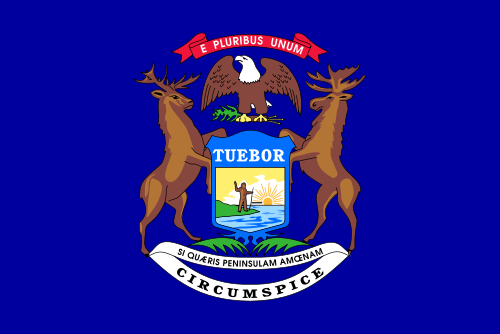The Michigan Unemployment Insurance Agency announced April 8 a temporary pause on the collection of unemployment insurance overpayments issued during the coronavirus pandemic. The pause prevents the state from garnishing wages or intercepting state tax returns until at least May 7.
The agency said the pause would give officials time to determine which claimants are eligible to have the overpayment waived under the federal Pandemic Unemployment Assistance (PUA) program. Collections for overpayments incurred before March 2020 will continue during the freeze.
Michigan Gov. Gretchen Whitmer (D) signed a bill on Feb. 28 allowing part-time workers who received federal PUA to keep their benefits. Federal PUA benefits were designed to assist workers who did not qualify for regular unemployment insurance benefits, such as gig workers, self-employed workers, and part-time workers. Until Whitmer signed the February 28 bill, Michigan's unemployment insurance law conflicted with federal law under the CARES Act and did not allow part-time workers to claim PUA benefits. The state required claimants to be able and available to work full-time.
Due to the conflict, the Michigan Unemployment Insurance Agency requested repayment of benefits from some part-time workers (and from workers who were not available to work for pandemic-related reasons, such as caretaking) who attested to their ability and availability to work full-time. The April 8 pause will give officials time to determine who is eligible to keep PUA benefits they were paid.
Unemployment insurance refers to a joint federal and state program that provides temporary monetary benefits to eligible laid-off workers who are actively seeking new employment. Qualifying individuals receive unemployment compensation as a percentage of their lost wages in the form of weekly cash benefits while they search for new employment.
The federal government oversees the general administration of state unemployment insurance programs. The states control the specific features of their unemployment insurance programs, such as eligibility requirements and length of benefits.
Additional reading:


